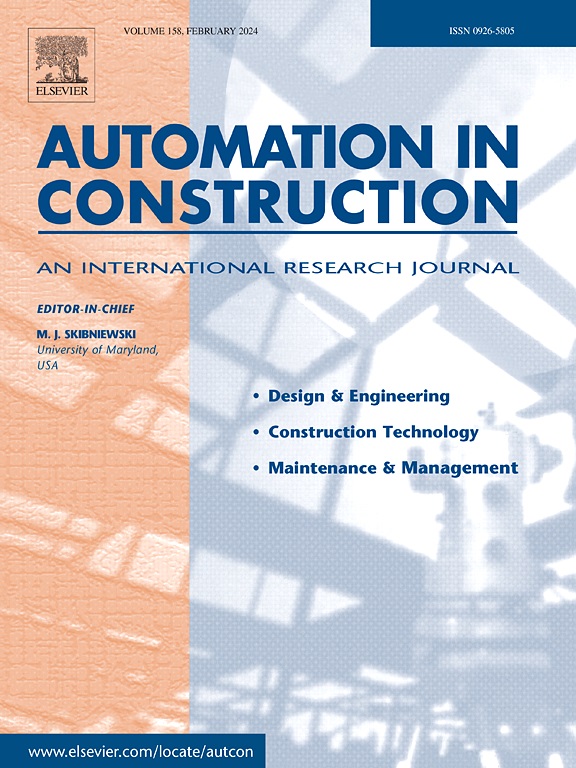从热图像中检测区域供热泄漏:异常检测方法的比较
IF 9.6
1区 工程技术
Q1 CONSTRUCTION & BUILDING TECHNOLOGY
引用次数: 0
摘要
区域供热系统通过地下管道向终端能源用户输送热量。当发生泄漏时,由于缺乏可靠的监测,对于管网运营商来说,确定泄漏位置是一项困难且成本高昂的任务。近年来,航空热成像技术已成为发现泄漏热点的一种手段,多篇论文提出了探测泄漏的图像分析算法。本文利用来自两个德国城市的一组新的航空热图像,实现、改进并评估了三种用于泄漏检测的异常检测方法:三角组图阈值法、显著性映射法和带有滤波核的局部阈值法。这些方法被集成到一个软件流水线中,进行全球适用的前处理和后处理,包括渐晕校正。虽然所有方法都能可靠地检测出热异常,并适用于自动泄漏检测,但三角形组图阈值法最为稳健。本文章由计算机程序翻译,如有差异,请以英文原文为准。
Detecting district heating leaks in thermal imagery: Comparison of anomaly detection methods
District heating systems offer means to transport heat to end-energy users through underground pipelines. When leakages occur, a lack of reliable monitoring makes pinpointing their locations a difficult and costly task for network operators. In recent years, aerial thermography has emerged as a means to find leakages as hot-spots, with several papers proposing image analysis algorithms for their detection. While all publications boast high performance metrics, the methods are constructed around very different datasets, making a true comparison impossible.
Using a new set of aerial thermal images from two German cities, this paper implements, improves, and evaluates three anomaly detection methods for leakage detection: triangle-histogram-thresholding, saliency mapping, and local thresholding with filter kernels. The approaches are integrated into a software pipeline with globally applicable pre- and postprocessing, including vignetting correction. While all methods reliably detect thermal anomalies and are suitable for automated leakage detection, triangle-histogram-thresholding is the most robust.
求助全文
通过发布文献求助,成功后即可免费获取论文全文。
去求助
来源期刊

Automation in Construction
工程技术-工程:土木
CiteScore
19.20
自引率
16.50%
发文量
563
审稿时长
8.5 months
期刊介绍:
Automation in Construction is an international journal that focuses on publishing original research papers related to the use of Information Technologies in various aspects of the construction industry. The journal covers topics such as design, engineering, construction technologies, and the maintenance and management of constructed facilities.
The scope of Automation in Construction is extensive and covers all stages of the construction life cycle. This includes initial planning and design, construction of the facility, operation and maintenance, as well as the eventual dismantling and recycling of buildings and engineering structures.
 求助内容:
求助内容: 应助结果提醒方式:
应助结果提醒方式:


